 |
 |
 |
 |
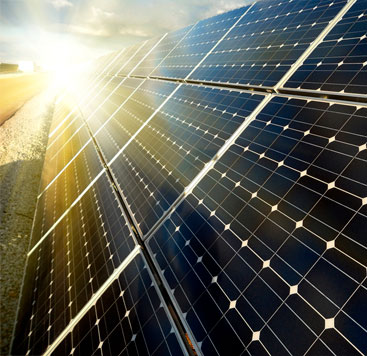 |
 |
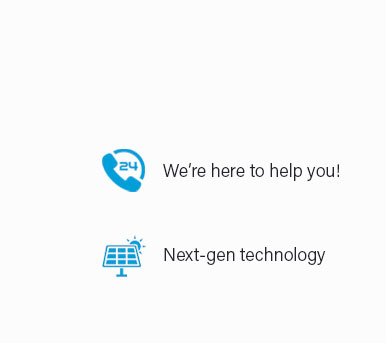 |
 |
 |
 |
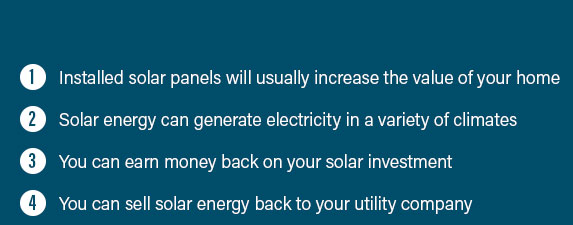 |
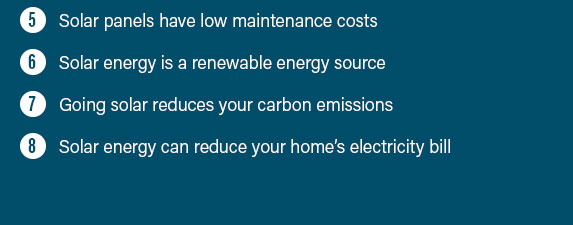 |
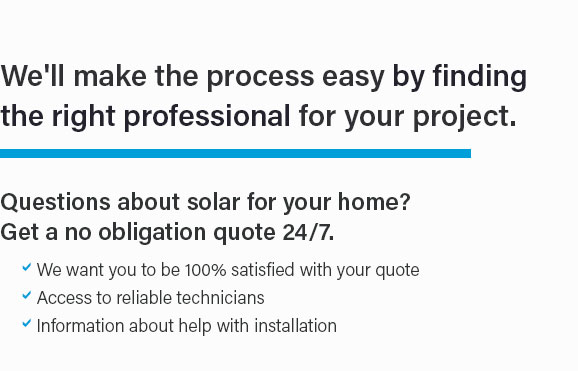 |
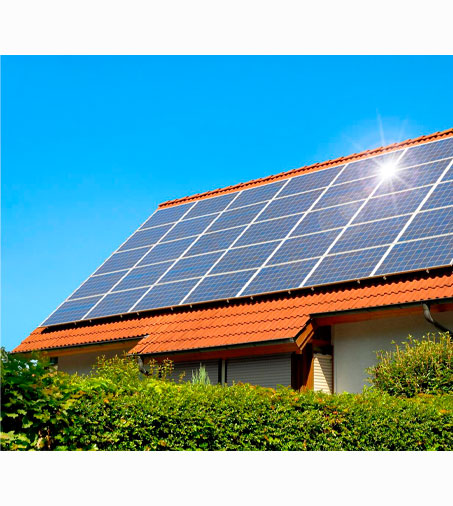 |
|
 |
 |
 |
|
Unlock the future of energy with a solar panels installation quote tailored just for you in Missouri, where the sun shines as brightly as your potential savings; embrace a sustainable lifestyle with confidence, knowing that each solar installation in Missouri not only boosts your property's value but also champions a cleaner, greener planet-because when you choose solar, you're not just powering your home, you're powering change.
https://dnr.mo.gov/energy/energy-resources/solar
Government Incentives and Grants: Be wary of any sales pitches that claim the government will pay for your solar panels. A federal Residential Renewable Energy ... https://windandsolar.com/?srsltid=AfmBOopEcu3wJ5M2rdHwn2eHj9Smzyu5d5jCoMlrZsqUtY_HYJGSd6nW
Save more when you DIY. Call our sales techs for a free quote on how to install your own wind and solar power. https://seia.org/state-solar-policy/missouri-solar/
Nixa Solar. At 11.2 MW, Nixa Solar in Nixa is among the largest solar installations in Missouri. Completed by Gardner Capital in 2017, this solar project has ...
|